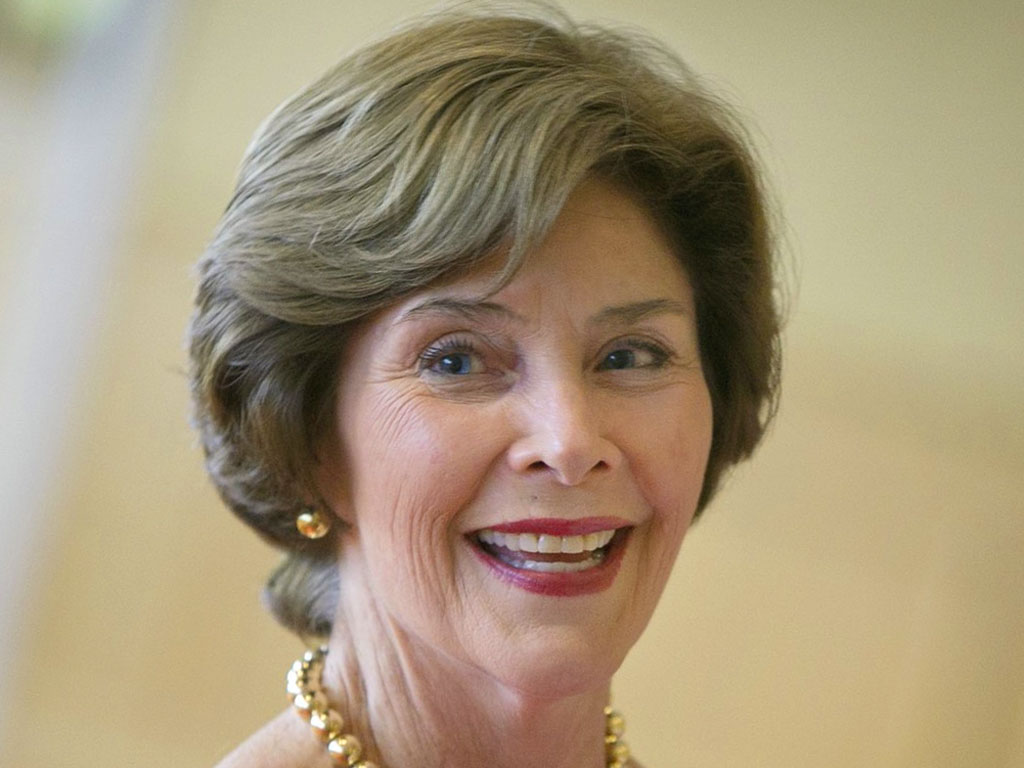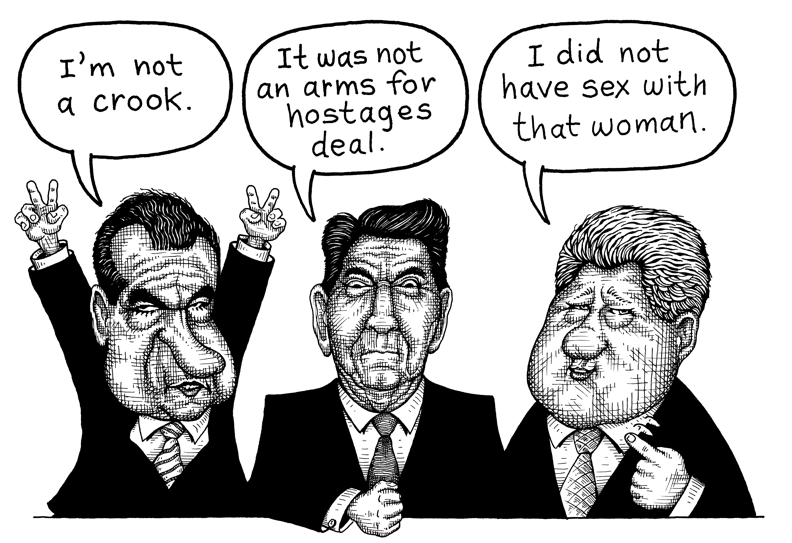
November 4
1520 Christian II of Denmark is crowned King of Sweden, and grants an amnesty to his opponents.

1650 Birth: William III, British King, known as William of Orange.


1846 An artificial leg is patented by B.F. Palmer of Meredith, New Hampshire.


1873 Dr. John B. Beers of San Francisco, California patents a gold crown for teeth.
1879 The first cash register is patented by James J. Ritty of Dayton, Ohio.

1890 The world's first electrified underground railway system is officially opened in London. The Prince of Wales travels on it from King William Street to the Oval. It runs from Stockwell in south London to King William Street (Bank). It is now part of the Northern Line. (Click here for Underground Map, and Underground History.)
1918 WW1: Austria-Hungary surrenders and hostilities come to an end.

1921 Japanese premier Hara Takashi is assassinated in Tokyo by a radical right-wing student.
1922 English archaeologist Howard Carter finds the first signs of what proved to be King Tutankhamen's tomb in the Valley of the Tombs of Kings in Egypt.

1924 Nellie T. Ross of Wyoming is elected the nation's first woman governor; she is to serve the remaining term of William B. Ross, her husband who died in office.
1934 Weisthor (Wiligut) has found great favor with Himmler and is promoted to SS-Oberfuhrer (Lieutenant-Brigadier).

1939 WW2: The American Neutrality Act is modified to allow the sale of arms to belligerents on a "Cash and Carry" basis. Only the British and French can benefit because of the terms and conditions imposed.
1943 WW2: Hitler ceases issuing numbered war directives.
1943 Holocaust: The trouble at Treblinka and Sobibor has so alarmed Himmler that in early November he orders the elimination of another potential source of insurrections. Some 42,000 Jews being kept alive as slave laborers at other kinds of camps in eastern Poland are shot. Thus Operation Reinhard comes to an end. During a nineteen month period, approximately 1.7 million people have died in the three "Reinhard" camps (Belsen, Treblinka, Sobibor), most of them in 1942. The ghettos have been practically eliminated, and scarcely any Jews remain in the Government General. The "new, and improved" gas chambers at Auschwitz will now be used to eliminate Jews from the rest of occupied Europe. (Apparatus)
1943 Church and Reich: Dr. Gertrud Luckner, an official of Caritas (the large Catholic philanthropic organization) in Freiburg, is arrested while trying to smuggle a sum of money to the few remaining Jews in Berlin. She had been helping Jews escape across the border into Switzerland for several years, and will spend the rest of the war in a concentration camp. (Lewy)

1952 Queen Elizabeth II opens her first Parliament.

1956 Soviet troops move in to crush the Hungarian uprising. Imre Nagy is ousted as prime minister and replaced by Janos Kadar.
1977 The UN imposes a mandatory ban on arms supplies to South Africa in an effort to force the country out of Namibia.
1979 Iranian militants seize the US embassy in Tehran and capture 90 hostages; 52 are held captive for 444 days.

1982 The UN passes a resolution calling on Argentina and Britain to discuss sovereignty of the Falkland Islands.
1983 In Lebanon, over 40 Israeli soldiers are killed when an Arab suicide bomber drives a truck full of explosives into their camp.
1986 Democrats regain control of the US Senate, 55-45.
1988 An attempted coup by foreign mercenaries on the Maldive Islands is thwarted when Indian paratroopers crush the revolt.

1991 Former First Lady Imelda Marcos returns to the Philippines, ending more than five years of exile in United States.
1994 The UN Security Council votes unanimously to withdraw the remaining 17,000 UN troops from Somalia by mid-March 1995.
1995 Israeli Prime Minister Yitzhak Rabin is assassinated by a right-wing Israeli after attending a peace rally in Tel Aviv.
1997 The Republicans sweep the off-year elections, with New Jersey Governor Christie Whitman winning reelection, James Gilmore becoming Virginia governor, Vito Fossella taking the New York congressional seat vacated by Susan Molinari, and Rudy Giuliani being reelected mayor of New York.

2001 US Defense Secretary Donald Rumsfeld discusses a dramatic enlargement of US troops to be deployed in Central Asia with leaders from Uzbekistan and Tajikistan during weekend talks. Rumsfeld's travels take him over Afghanistan, on a day that coincides with the heaviest bombing of the Taliban front line to date.
2001 Amr Moussa, the Secretary-General of the Arab League denounces bin Laden's TV statement, saying he "does not speak in the name of Arabs and Muslims."
2001 Egypt's Foreign Minister described bin Laden as being at war with the "whole world."
2001

2002

2003

2004

2004

2004

2004

2004

Visit:




 Visit:
Visit:

Click Here to email the History: One Day At a Time webmaster.